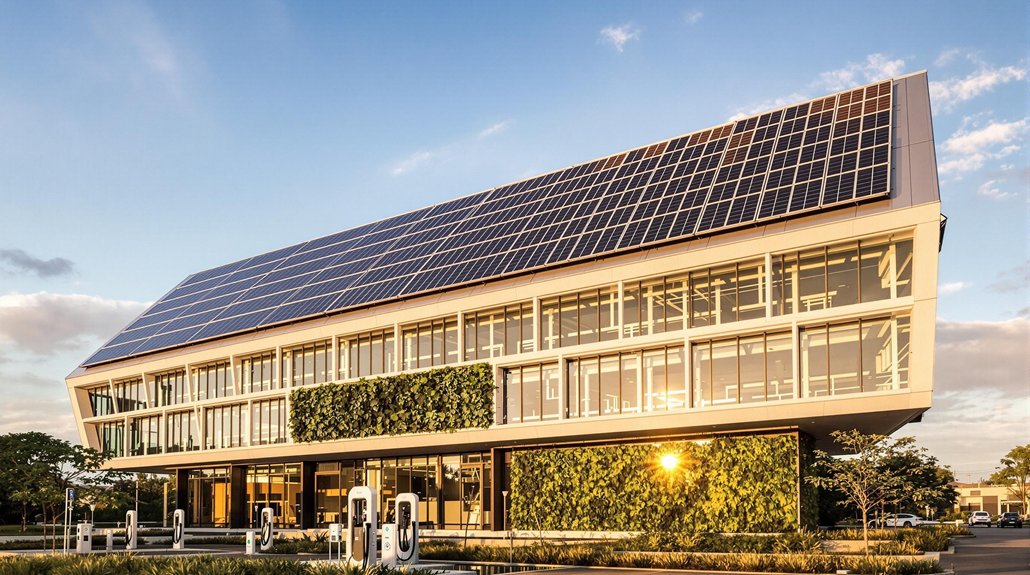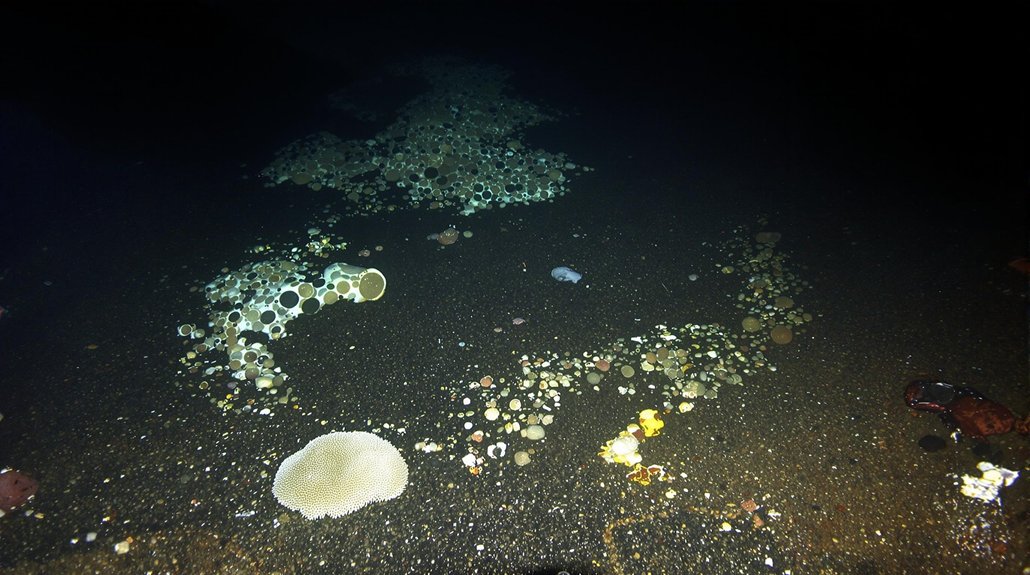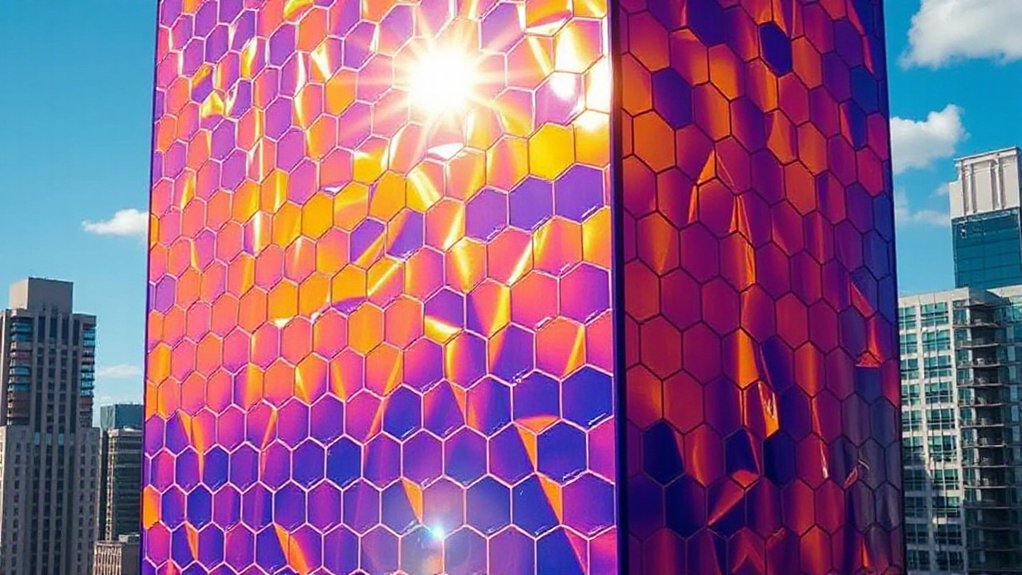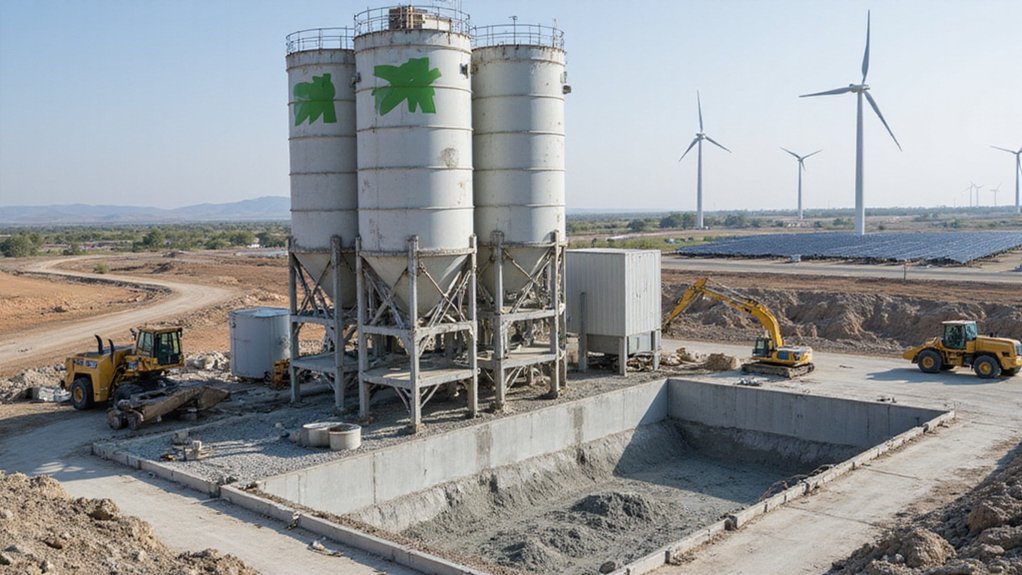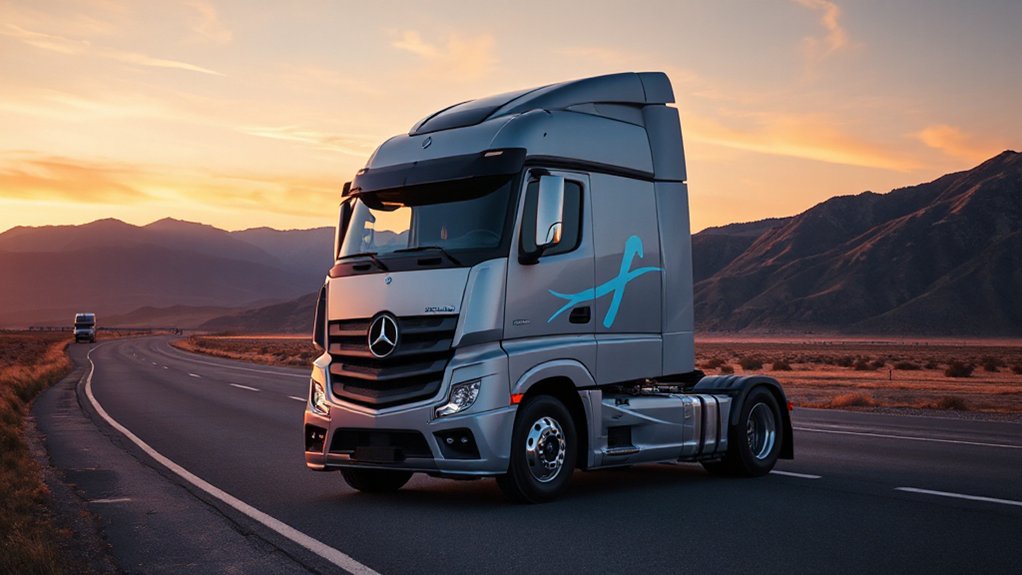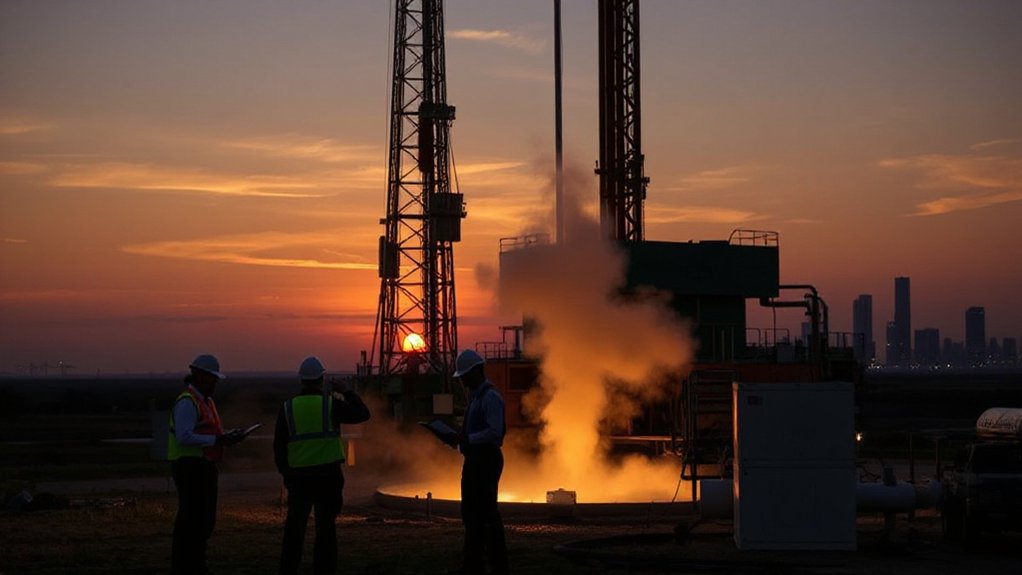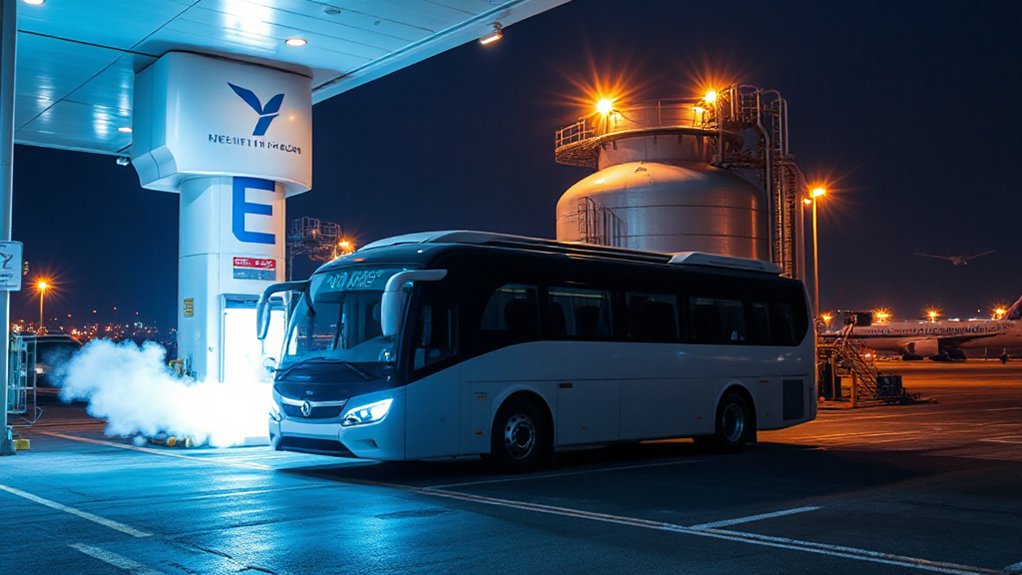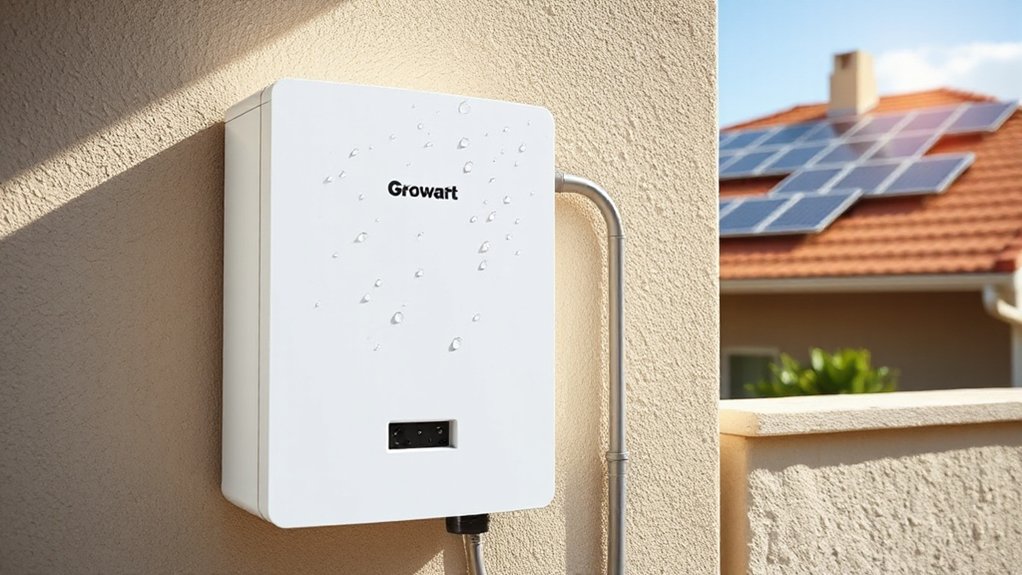Nearly every hotel chain today touts its “green initiatives.” Install a few LED bulbs, ask guests to reuse towels, call it sustainability. But a true net zero hotel? That’s a different beast entirely. These properties achieve zero greenhouse gas emissions from operations—both direct and indirect. No greenwashing allowed.
Take room2 Chiswick in London. All-electric. Zero fossil fuels. Solar panels on the roof. Ground source heat pumps beneath. Or America’s Hotel Marcel, the country’s first Passive House-certified hotel, running on 100% renewable electricity. These aren’t just hotels with a recycling bin in the lobby.
True sustainability isn’t a recycling bin in the lobby—it’s solar panels on the roof and zero fossil fuels in the building.
The verification process is brutal. Third-party auditors like TÜV Rheinland don’t hand out net zero certifications for switching to paper straws. They scrutinize everything—Scope 1, 2, and the notorious Scope 3 emissions that include supply chains and transportation.
The technology is impressive. Maximum energy efficiency through Passive House design. Smart building systems that track guest behaviors. Green roofs. Electrified kitchens, pools, and spas. No gas lines in sight. These innovations address the storage challenges that typically limit renewable energy implementation in traditional buildings.
Financially? Not the money pit you’d expect. Sure, upfront costs are higher. But energy bill savings and increased room rates can offset investments within 15 years. Some properties see 9-10% energy saving returns over three decades. Not too shabby.
Operations change completely. These hotels source 100% renewable electricity. They restructure supply chains. They expand recycling systems. A focus on closed-loop waste systems creates significant environmental benefits while reducing operational costs. Recent industry studies show that 81% of travelers express interest in eco-friendly accommodations, making these investments increasingly worthwhile. The Radisson in Manchester and RED Oslo didn’t just change light bulbs—they overhauled everything.
This isn’t about meeting minimum standards. It’s about exceeding the Paris Accord’s targets before regulations force everyone’s hand. The Sugar House Hotel in Vermont—LEED platinum certified, all-electric, 40 EV stations—hosts 30,000 visitors annually who experience what true sustainability looks like.
The hospitality industry is at a crossroads. Net zero hotels aren’t just possible—they’re profitable. And they’re redefining what luxury means for the climate-conscious traveler. No compromises necessary.
References
- https://hoteltechreport.com/news/net-zero-emissions
- https://cleantechnica.com/2025/07/19/whats-different-about-a-net-zero-hotel/
- https://www.greenlodgingnews.com/gaining-a-better-understanding-of-net-zero-hotels/
- https://www.ihgplc.com/~/media/Files/I/Ihg-Plc/news/2022/transforming-existing-hotels-to-net-zero-carbon.pdf
- https://staze.com/blog/net-zero-hotel-stays/
